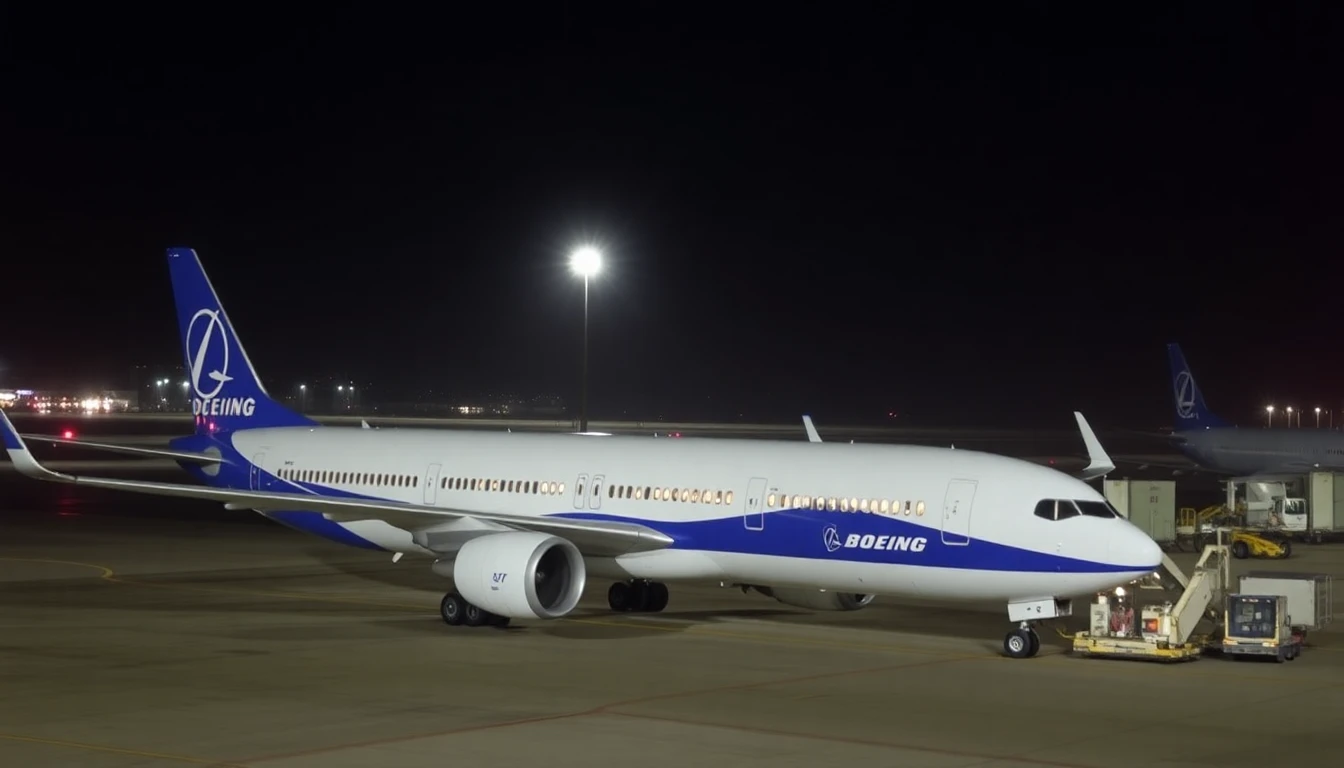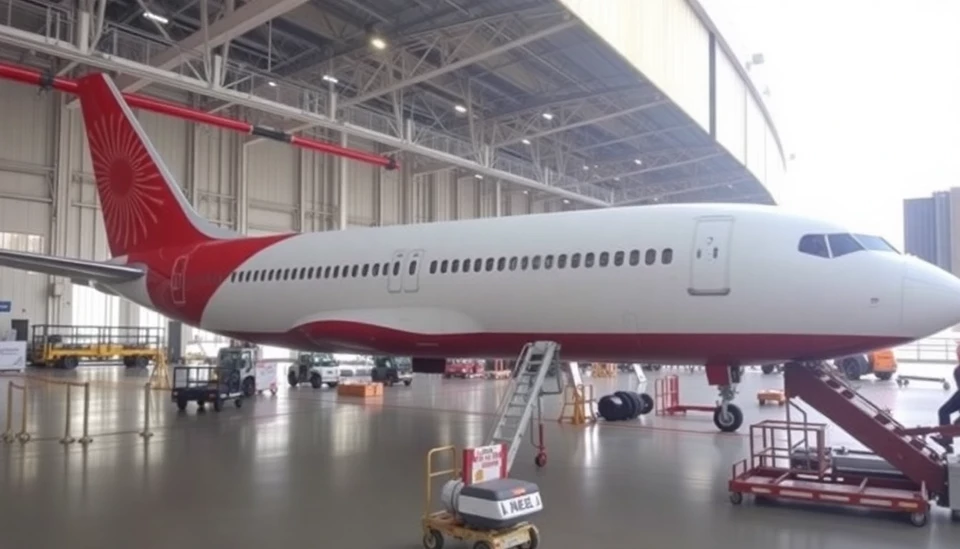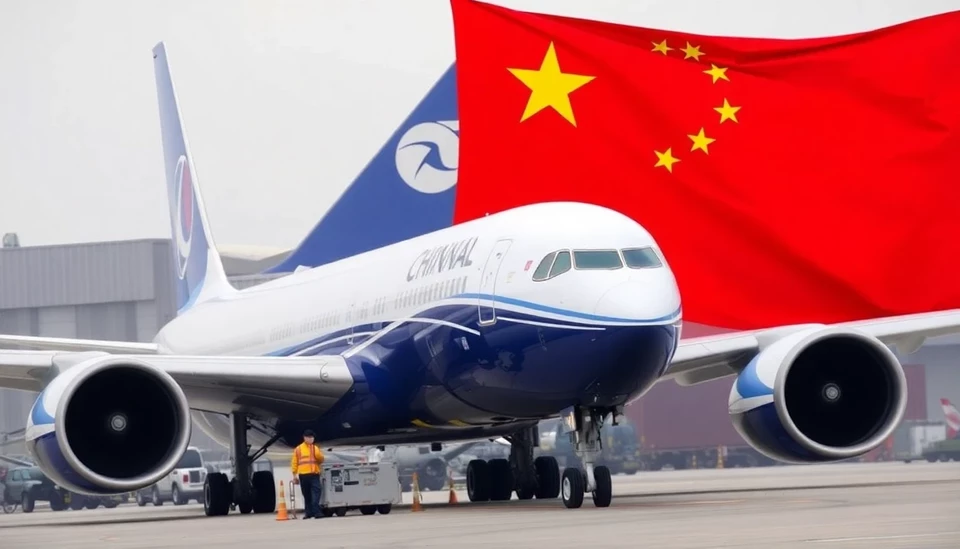
In a significant turn of events for the aerospace giant Boeing, the company has officially retracted its contract offer to a key labor union as negotiations have hit a standstill. This development comes at a crucial time, as employees have been pushing for improved work conditions and benefits amid rising living costs.
The International Association of Machinists and Aerospace Workers (IAM), representing thousands of Boeing employees, has been in discussions with the company aimed at securing a new labor contract. However, with talks breaking down, Boeing's decision to withdraw its proposal raises concerns about potential disruptions in production and the wider implications for its workforce.
Sources close to the situation revealed that negotiations had been tense, with both sides unable to find common ground on key issues such as wage increases, healthcare benefits, and job security. The IAM has expressed disappointment over Boeing's latest move, asserting that it undermines the progress made during discussions and may deepen the rift between management and workers.
Boeing, facing ongoing challenges including supply chain disruptions and increasing competition in the aerospace sector, appears to be recalibrating its approach to labor relations. The company has stated that it remains committed to engaging in “constructive discussions” with the union, although the withdrawal of the contract offer suggests a significant setback in maintaining a collaborative relationship.
Analysts note that Boeing's decision could have broader repercussions, not only for its production capabilities but also for its reputation as an employer. As the labor market tightens and skilled workers become harder to retain, companies like Boeing may find themselves under increased scrutiny regarding their treatment of employees and their willingness to invest in labor relations.
This situation unfolds in the backdrop of a national conversation about labor rights and employee advocacy, with many unions across various sectors advocating for better conditions and fair compensation for their members. The IAM has vowed to continue its fight to secure a fair contract, emphasizing solidarity among workers and the importance of collective bargaining as a means to achieve their goals.
Moving forward, both Boeing and the IAM will need to navigate the complexities of this situation. As the company continues its efforts to stabilize operations and restore investor confidence, the outcome of the negotiations will likely prove critical in shaping the path ahead for its workforce and overall corporate health.
Industry observers are closely monitoring the situation, as any further escalation could lead to not only strikes but also impacts on Boeing's production schedules for its aircraft, which are vital to the recovery of the aviation industry in the post-pandemic world. The coming days will reveal whether Boeing can mend its relationship with its labor force or if deeper divisions will emerge.
As negotiations resume, the focus will be on finding a sustainable solution that benefits both the company and its dedicated employees. The labor movement, alongside economic demands and realities, underscores the ever-evolving dynamics of employer-employee relationships within major corporations like Boeing.
#Boeing #IAM #LaborDisputes #Negotiations #AerospaceIndustry #EmployeeRights
Author: Samuel Brooks




